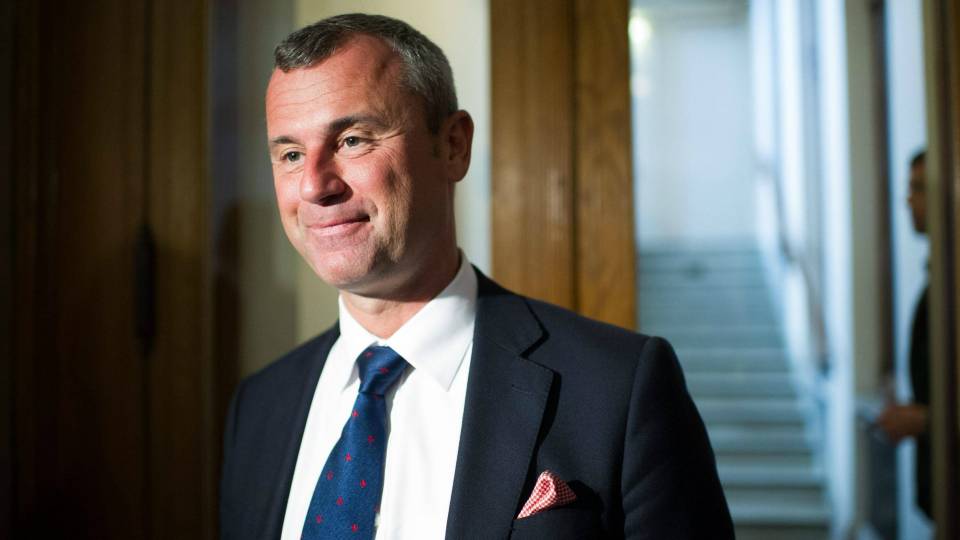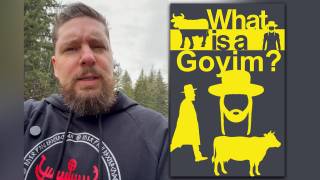Austrian far-right figure warns of 'Auxit' vote within a year
The European Union should avoid any moves towards political "centralization" or else Austria could hold a referendum on membership of the bloc within a year, a far-right candidate who almost won the country's presidential election said.
Norbert Hofer of the anti-immigration Freedom Party narrowly failed to become the European Union's first far-right head of state in Austria's presidential run-off last month. His party has, however, challenged that result and a ruling is pending.
Britain's Brexit vote last week to leave the European Union has emboldened populist, anti-EU parties across the continent, including the Freedom Party (FPO) and France's National Front, which called on Friday for a "Frexit" referendum.
FPO leader Heinz-Christian Strache has taken a more cautious view, saying only that an Austrian referendum on the issue might become a party objective in the future. But Hofer went further in an interview published on Sunday.
"If a course is set within a year further towards centralization instead of taking (the EU's) core values into account, then we must ask Austrians whether they want to be members," he told the tabloid newspaper Oesterreich.
Hofer and his allies believe the bloc should be based on economic rather than political union.
"The founding fathers (of the EU) wanted to ensure closer economic cooperation because states that cooperate economically do not wage war against each other," he said. "That worked very well until the political union was founded."
Austria's Constitutional Court is examining FPO allegations of irregularities in the counting of postal ballots during the election. It is already clear that rules on when those ballots should be counted and processed were often broken.
But even if the FPO's challenge is successful and the court orders a re-run, which is one possible outcome, the president alone does not have the power to order a referendum.
Austrian Chancellor Christian Kern has said Austria will not hold a referendum on EU membership, which the country's media have dubbed an "Auxit" or "Oexit" vote, a reference to Oesterreich, which means Austria in German.
But the two parties in his often-divided centrist coalition government must find a way to work together until 2018 and win over voters or face a snap parliamentary election that polls suggest the FPO would win.






















